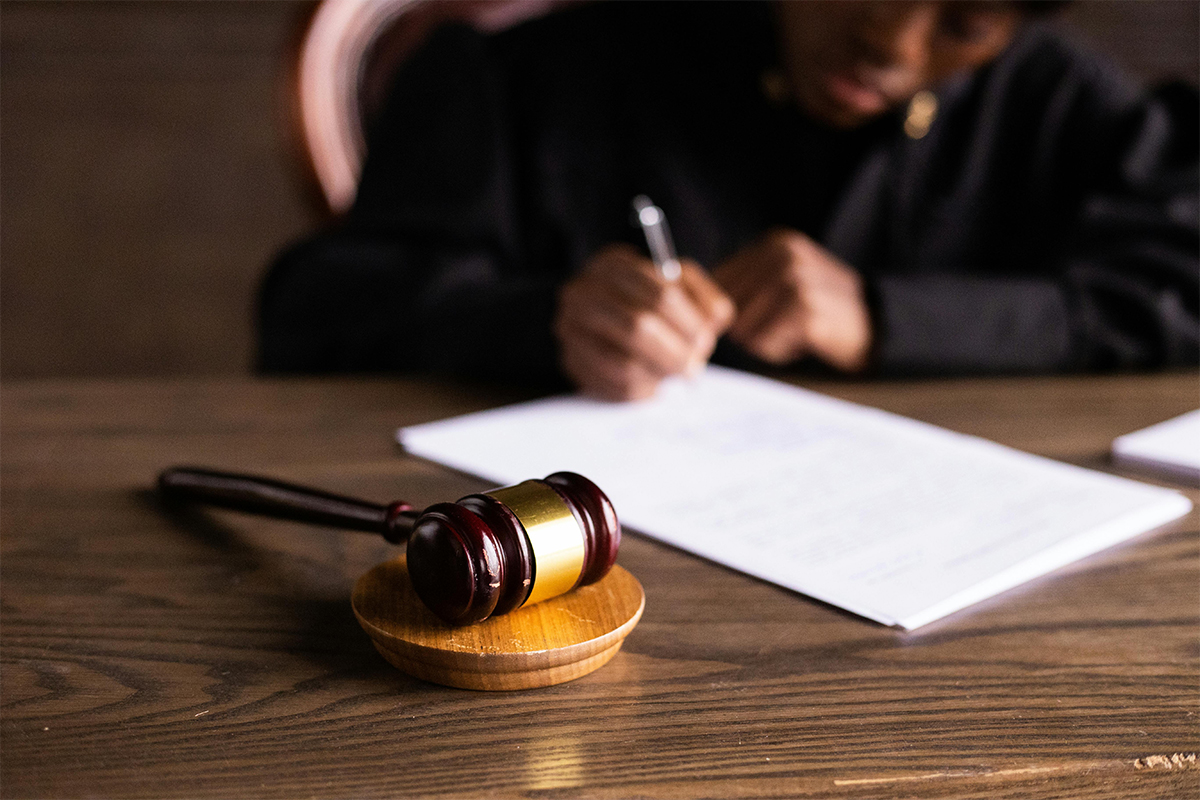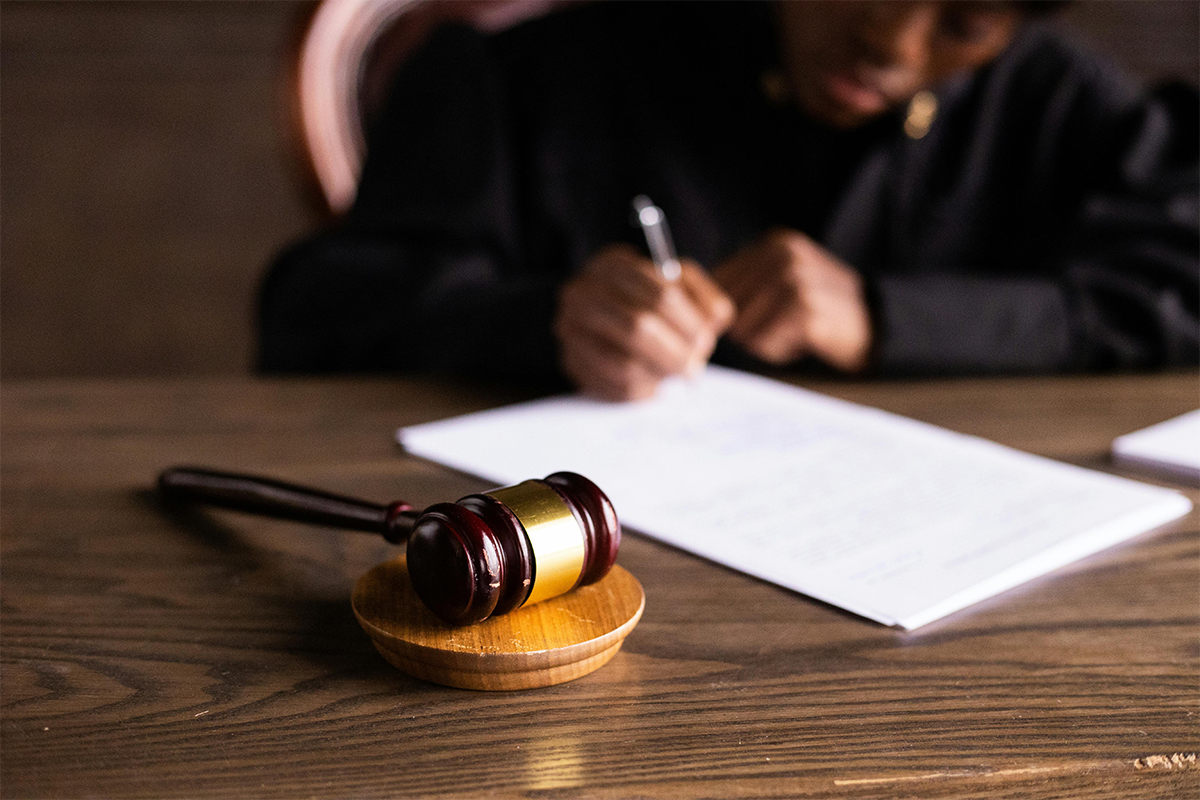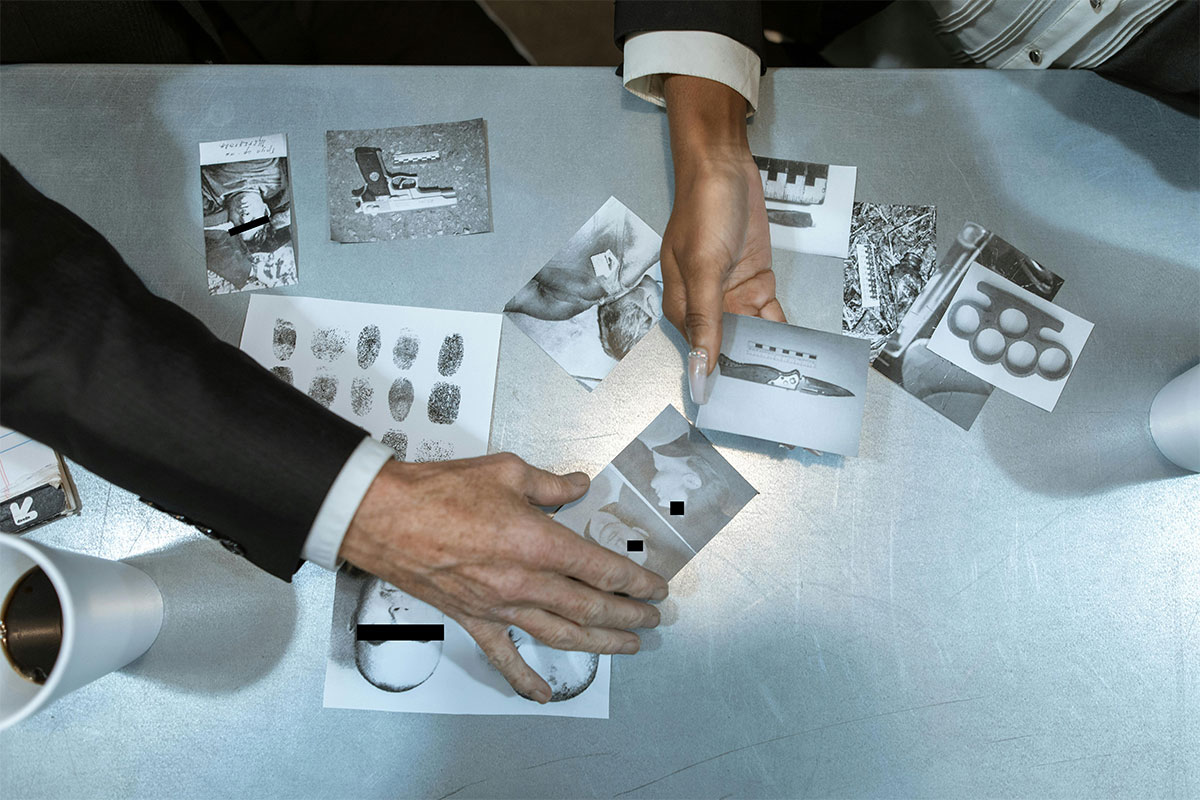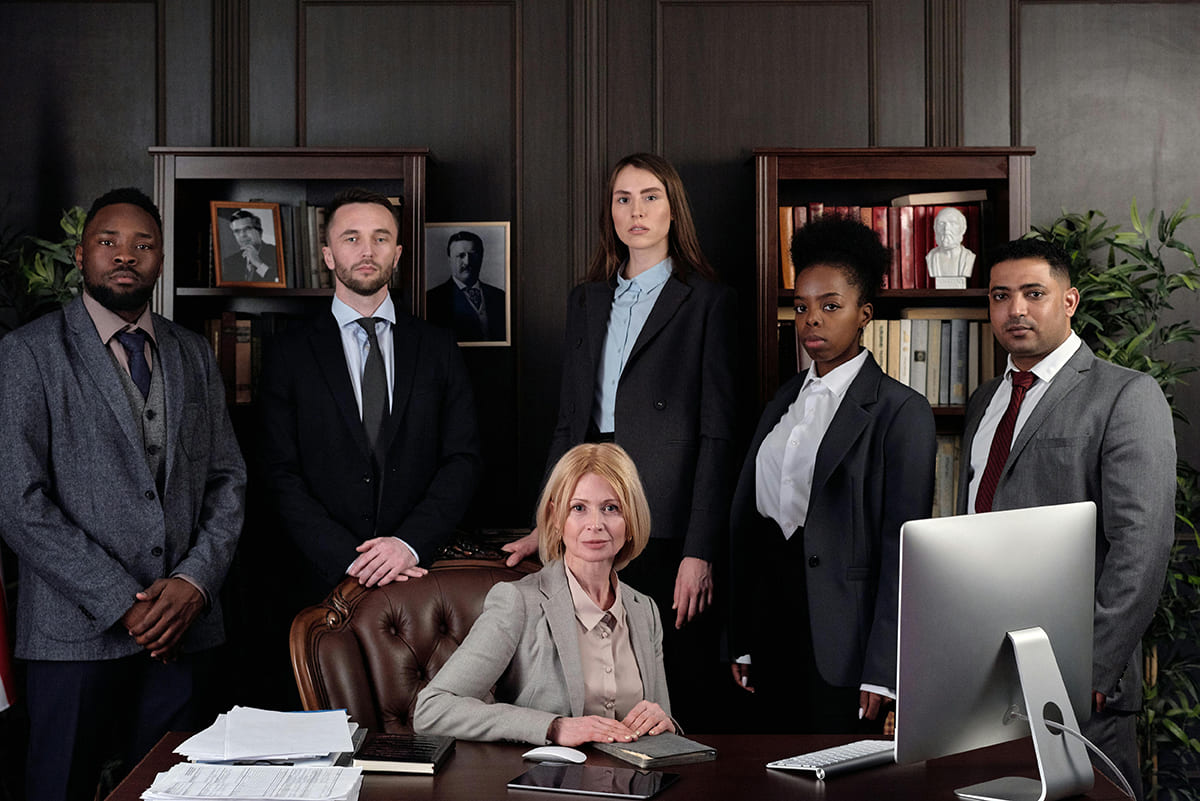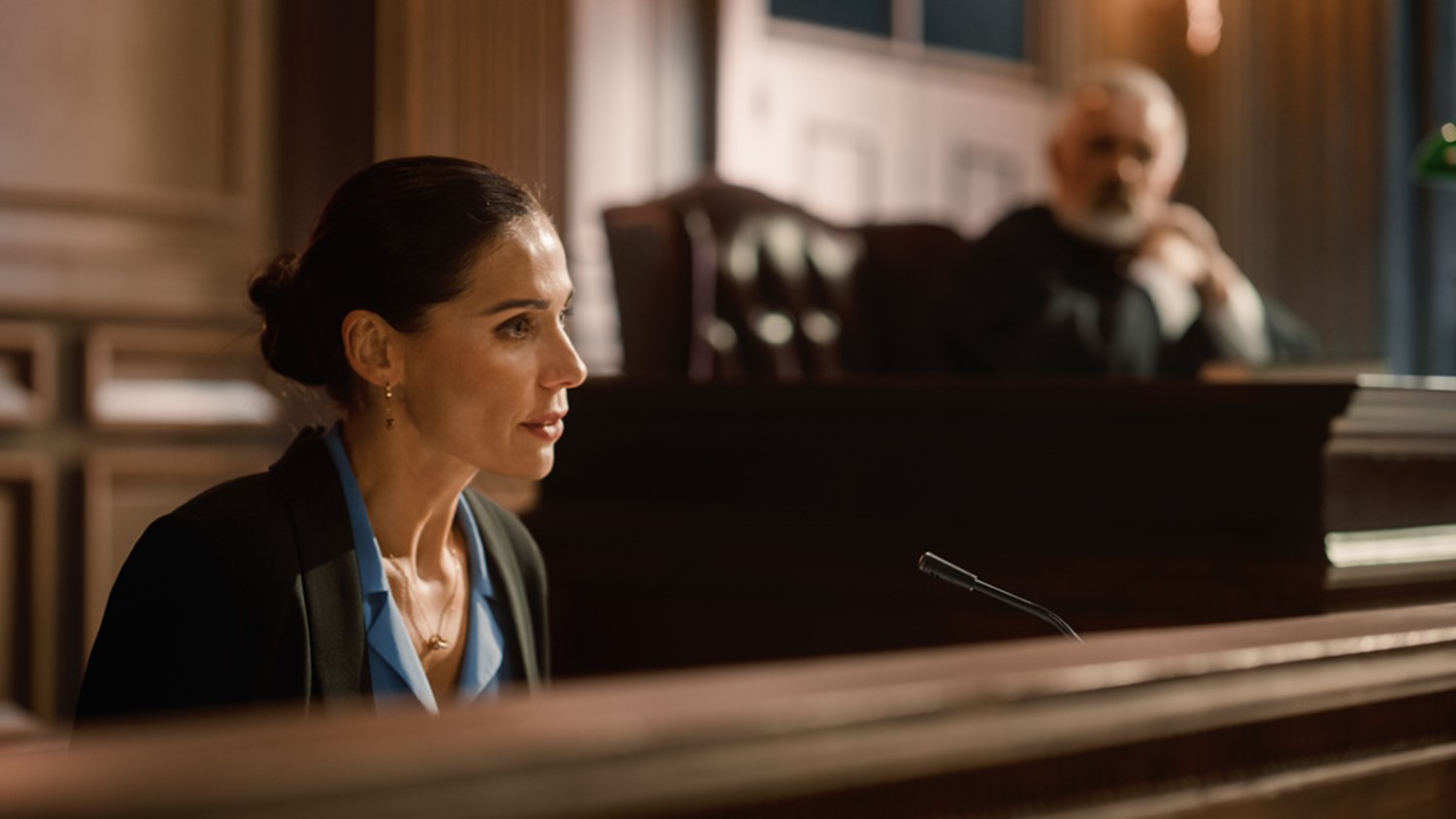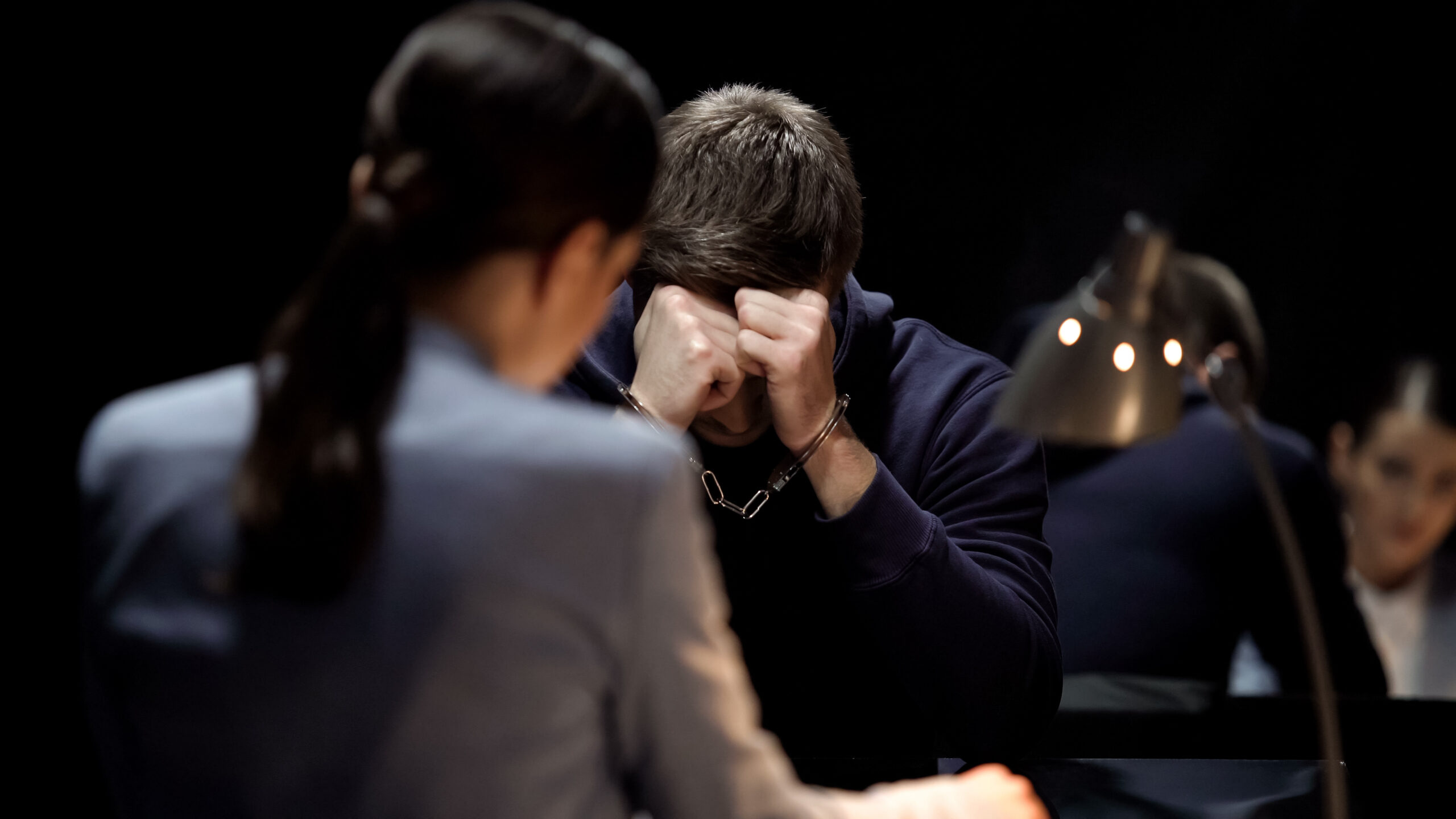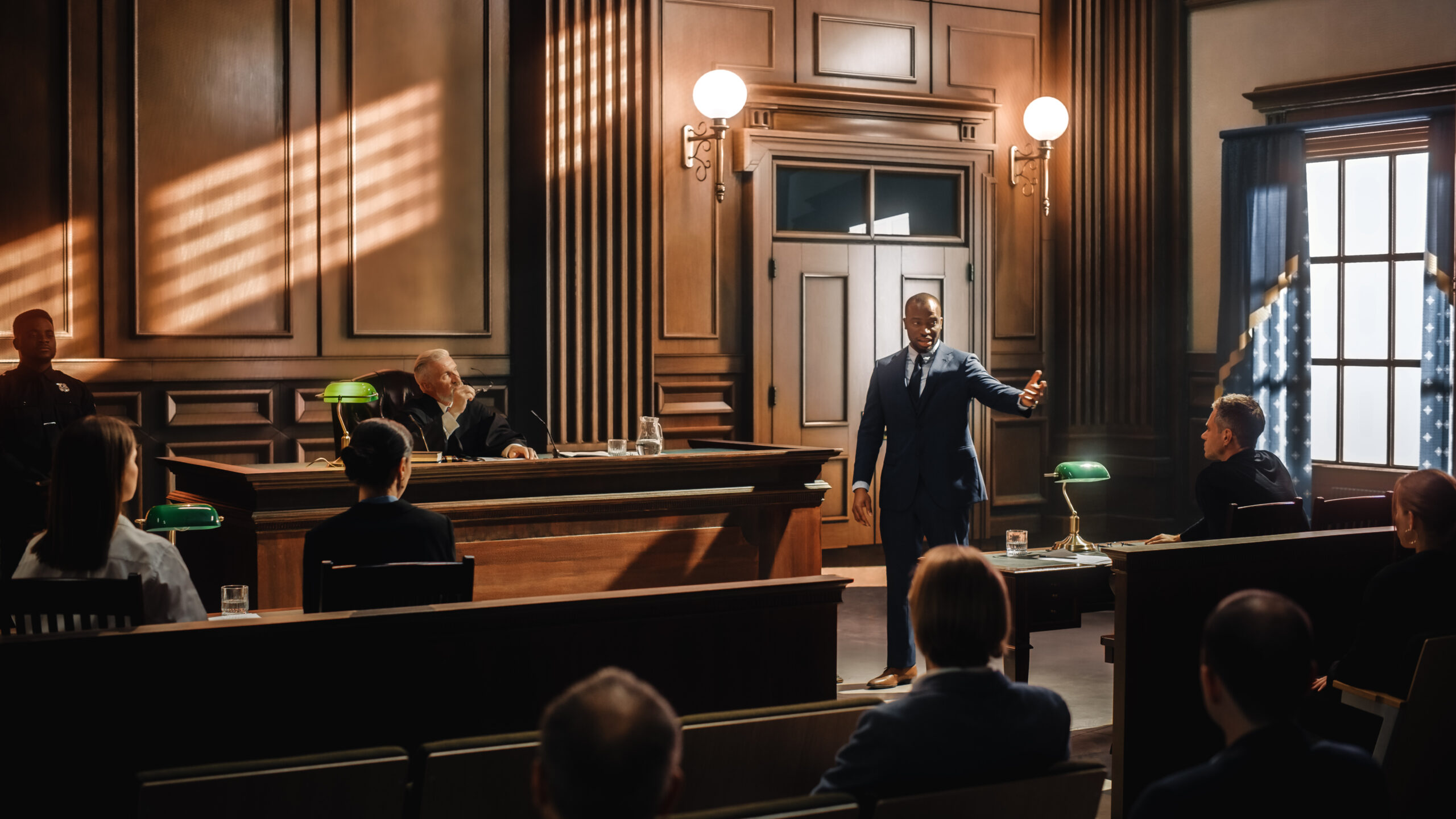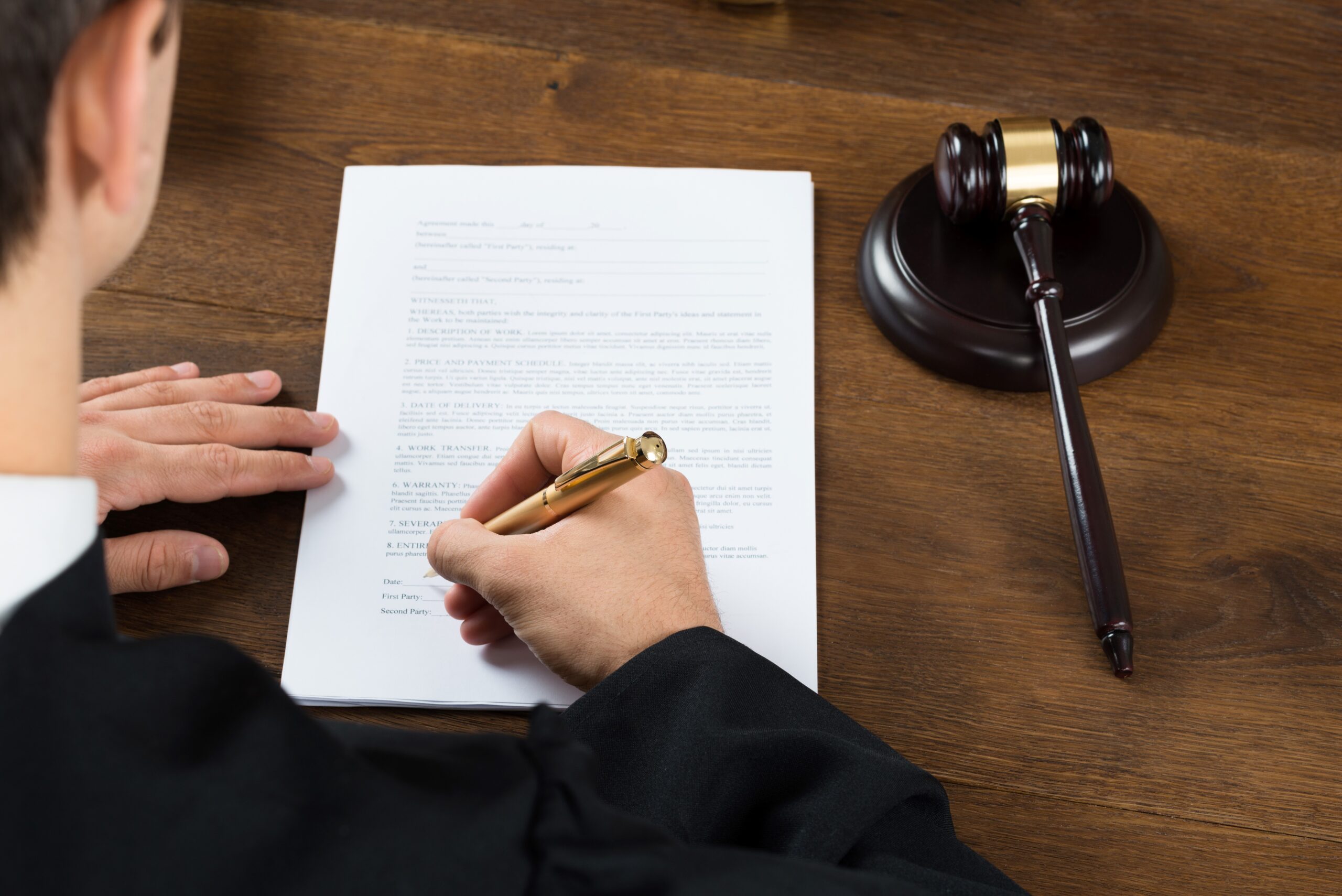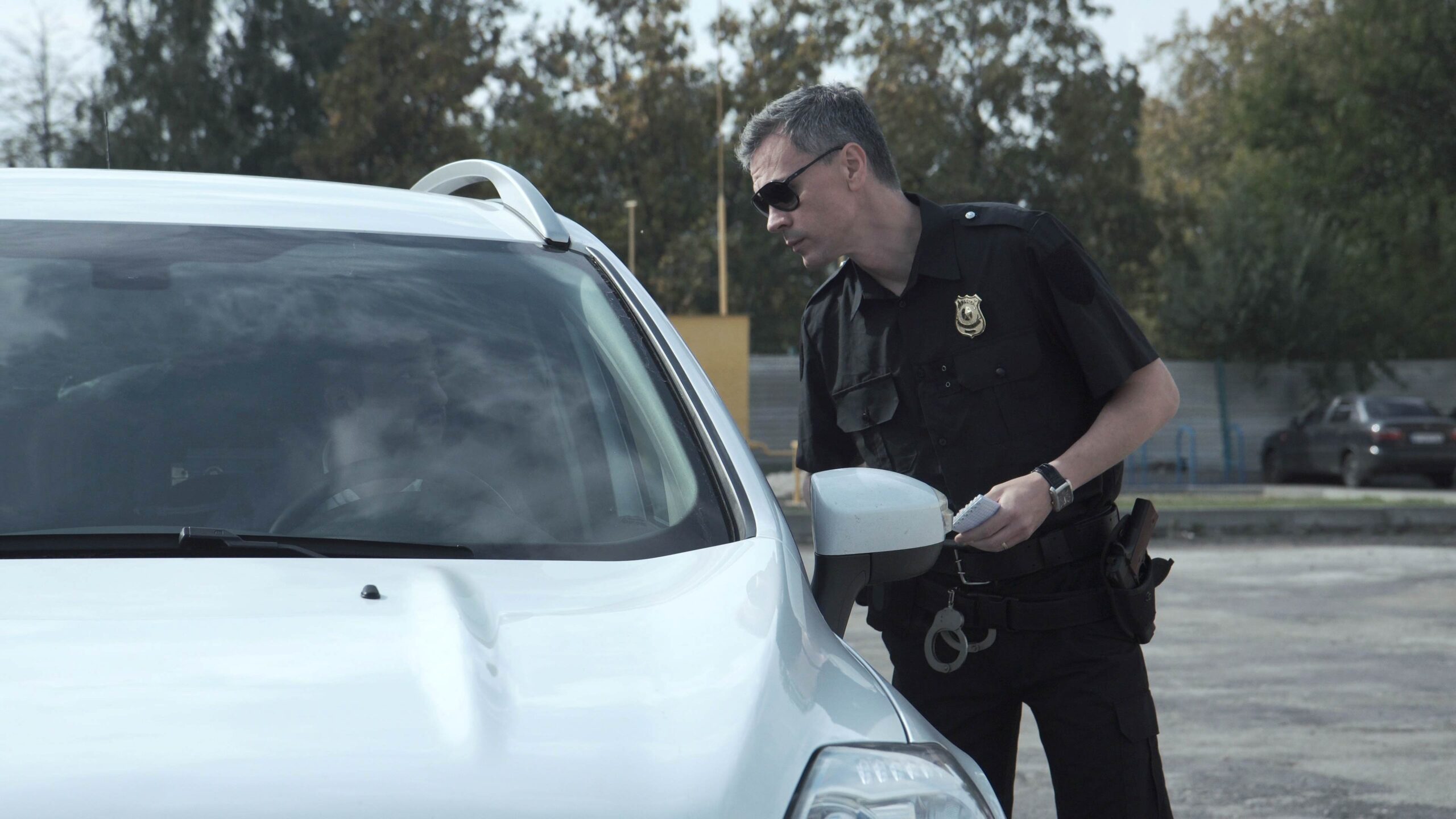Key Takeaways
- Civil law focuses on resolving disputes between individuals or entities and seeking compensation for harm or loss.
- Criminal law aims to punish individuals who have committed crimes against society, protecting the public interest.
- The burden of proof differs between civil and criminal cases: civil cases require proof on a balance of probabilities, while criminal cases demand proof beyond a reasonable doubt.
Table of Contents
Difference Between Civil And Criminal Law?
The difference between civil law and criminal law is that:
- Criminal law has a broad range of crimes, such as murder, assault, theft, vandalism, drug trafficking, and public intoxication. The purpose of criminal law is to ensure that those who have committed crimes against society get punished. Convictions result in severe penalties such as fines, probation, and imprisonment.
- As for civil law, it can range from disputes between companies and private parties to rights and obligations and thus provide compensation for harm or injury caused by another person or entity. The purpose of civil law is to ensure that disputes between parties are resolved, enforce rights and obligations, and ensure that individuals receive compensation for harm and injury caused by others. Convictions can result from monetary damages, equitable relief, and injections.
How Do Civil Cases Differ From Criminal Cases In Process?
Civil and criminal cases are slightly different in terms of purpose, process, and procedural aspects. Here are the main differences:
- Civil cases are about disputes over rights and obligations, and thus compensation is sought after. Criminal cases, on the other hand, involve an action to harm another and thus the offender needs to be punished.
- The burden of proof differs between civil and criminal cases. Thus, for civil cases, the burden of proof is on the defender. However, for criminal cases, the burden of proof lies on the prosecutor. For trial cases, civil cases are less formal and the decision is made by a judge. However, for criminal cases, the case is formal and a jury or judge must be convinced of the defendant’s guilt.
- In criminal cases, it is the defendant who is innocent until proven guilty. However, for civil, there is no such presumption.
Here are some ideas about the difference between contract disputes and criminal charges.
- A contract dispute normally occurs when two parties are in dispute over a breach of contract. Thus, the plaintiff needs to prove their claims so that the court may rule in their favour.
- As for criminal charges, they may range from charges such as theft and other criminal acts, and thus, the prosecutor needs to show that the act was indeed carried out. The court will then impose a penalty such as imprisonment. This would require a criminal lawyer and thus, it is important to understand what is a criminal lawyer.
Who Are The Parties In Civil Vs. Criminal Cases?
In civil cases in Australia, the typical parties involved are:
- Plaintiff: A private individual or business that initiates the legal action, seeking compensation or remedy for a dispute or wrongdoing.
- Defendant: The individual or business being sued by the plaintiff, who is alleged to have caused harm or breached a contract.
- Government entities: In some cases, government entities may also be involved as parties in civil proceedings, either as plaintiffs or defendants, to enforce civil obligations or contracts.
In criminal cases in Australia, the typical parties involved are:
- The state: The state or the people, represented by the prosecution, who bring charges against the accused for committing a crime against society.
- The accused: The individual or corporation charged with committing a crime, who is required to defend themselves against the charges.
- Prosecution: The state’s representative, responsible for presenting the case against the accused and proving their guilt beyond a reasonable doubt.
Not sure if you are struggling with a civil or criminal lawsuit?
You can visit us for our free consultation services. We have the best lawyers at our disposal.
Visit us now!
What Is Unique About Civil Court Procedures?
The civil court procedures are unique in the sense that:
- The plaintiff will file a statement of claim with the court.
- The defence will then respond to the claim.
- A mediation is then conducted between both parties, with a neutral party facilitating the process.
- An arbitrator may be chosen to arbitrate the dispute and a pretrial may be held to discuss the case to identify the issue.
- A trial date is then set and the court is then presented arguments from both parties.
Relevant evidence from both parties is required, such as documents and witnesses with specialised knowledge. The timeline for both parties to file their claims and defences is 28 days. Mediation sessions are normally scheduled between 3 and 6 months and trials are normally set within 6 and 12 months of proceedings.
What Is Unique About Criminal Court Procedures?
There are a few criminal court procedures that are unique, such as:
- Preliminary hearings: This is conducted in magistrates court to determine if the case has enough evidence to be sent to a higher court.
- Committal hearings: This is a preliminary hearing that has enough evidence for trial.
- Mention hearings: Another type of preliminary hearing where the individual either pleads guilty or innocent.
- Charges: This charge is either determined by the police or the Director of Public Prosecutions.
- Summary offences: Offences that are minor, such as traffic offences, are heard in magistrates court.
- Indictable offences: This is for serious crimes such as assaults and robberies. This is heard in the county or Supreme Court.
- Sentencing: A lot of factors need to be considered, including the nature of the crime, the background of the accused and the circumstances.
- Sentence discounts: Those who plead guilty early have a sentence discount.
- Rehabilitation: May consider rehabilitation for the offender and any support that they have from family and friends.

Can A Case Be Both Civil And Criminal?
Yes, a case can be both civil and criminal in Australia. A single case can have both violations of criminal and tort law, which results in two separate but connected cases. For example, an individual facing charges of assault and battery. This is because the individual can file for damages requesting compensation.
To add on, someone who intentionally murders someone else can also file a civil lawsuit for wrongful death, where they can request funeral expenses, loss of consortium, and other types of damages. Another case could be theft in criminal court, where the individual can seek a civil case for recovery of property stolen, including damages, and get the accuser charged with a criminal offence.
The Criminal Law group is able to provide assistance for both criminal and civil matters and aid in getting you out of the problem. We understand the legal system and thus can help you navigate through the challenging and sometimes overwhelming ways of the legal system. In fact, we are one of the best criminal lawyers Sydney and thus it is important to know how to prepare for consultation at a criminal law firm.
We are dedicated to serving your legal needs.
We provide the best legal services for your criminal issues. Our team is dedicated to working closely with you to provide the best legal aid.
Learn more now
What Is The Burden Of Proof In Civil Cases In Australia?
The burden of proof in civil cases lies with the person filing the claim (plaintiff). Thus, the plaintiff needs to provide evidence in order to support the case, whereby the evidence needs to show that the circumstance for such is probable.
The balance of probabilities standard requires a judge or jury to look at the evidence. They will then decide whether the incident is more likely to take place or not. This is a lower standard compared to “beyond reasonable doubt” in criminal court.
The court would weigh the evidence by looking if there was a breach of contract. Therefore, a signed contract, testimony from witnesses, and documents showing a lack of communication carry weight. This evidence would then be reviewed and if the situation seems more likely that there has been a breach in contact, then the court would rule in the plaintiff’s favour.
What Is The Standard Of Proof In Criminal Cases?
The standard of proof in criminal cases is beyond reasonable doubt. This means that there must be proof that the offence happened to ensure that there is a conviction. To ensure that the standard is met, the prosecution would need to ensure that:
- There is enough evidence presented.
- The reviewer would study the evidence and determine if there is guilt beyond a reasonable doubt.
This is to ensure that individuals who are innocent are not wrongly convicted, and thus, this was set to protect the rights of the person to a fair trial. Moreover, it also ensures that the person is presumed innocent and is provided a fair and just trial.
Not sure what to expect when selecting a lawyer? We are here to help!
The Criminal Law Group has the best criminal lawyers sought after in Sydney. We can help you with your criminal issues.
Book a free consultation!
What Are Examples Of Civil And Criminal Law Cases?
An example of civil law cases would be:
- Property disputes between boundary fences, ownership of property, or breach of covenant.
- The resolution would normally request compensation or certain acts that are ordered by the court.
- Another type of breach of contract would be nonpayment of invoices, inability to complete a construction project or breach of employment.
- The resolution would entail damage or a specific act that is ordered by the court.
- Defamation such as libel or slander towards an individual or company.
- The resolution would be an apology, retraction, or compensation towards the harm caused.
For criminal law cases, it would be:
- Vandalism and petty theft. The resolution would be fines, imprisonment, or community service.
- Offences such as serious assault, drug trafficking, fraud, and murder.The resolution would be imprisonment for several years or life.
Here are some examples:
-
A 25-year-old steals a laptop from a store in Sydney. The prosecution proves the theft beyond a reasonable doubt, and the accused pleads guilty. The court considers the accused’s criminal history, age, and lack of previous convictions. The judge imposes a sentence of 12 months imprisonment, suspended for 2 years, with a condition of community service and restitution to the victim.
A 30-year-old man assaults a stranger in a Melbourne pub, causing minor injuries. The prosecution presents evidence of the assault, and the accused denies the charge. The court finds the accused guilty and considers his lack of prior convictions and remorse. The judge imposes a sentence of 6 months’ imprisonment, suspended for 18 months, with a condition of counselling and a restraining order to protect the victim.
What Is The Role Of The State In Civil Vs. Criminal Law Cases?
The state plays a huge role in civil and criminal cases. However, the nature of its involvement may be different between the two:
- Civil cases, it is brought to the state by a person or organisation against another. The state is involved as a party to the incident, for instance, a violation of rights against law enforcement.
- For criminal cases, the state is prosecuting the individual by enlisting a prosecutor.
Role Of The State In Criminal Law
The role of the state is to prosecute criminal offences, which need to be investigated and prosecuted in a fair and just manner. Thus, the prosecution is responsible for the state and territory. However, each state and territory has its own laws, and thus it is important that it is the public’s interest to prosecute this trial and that the prosecution must be able to substantiate their claims on their end.
Therefore, the state plays a role in listening to the public voice and heeding their concerns. Hence, it is important for them to engage with the public to ensure that the crime reflects the values that the public holds dearly. There needs to be a balance between independence and accountability to ensure that there is a fair and just trial and that the rights of the victims and accusers are protected in the end.
Role Of The State In Civil Law
The role of the state in civil law is different in the sense that it just provides guidance for private personnel or parties to resolve their disputes. The state has very minimal involvement and focuses on encouraging both parties to resolve their dispute through:
- Promotes mediation, arbitration, and out-of-court settlements.
- Cases only go to trial if they are not settled.
- There is no active participation from the state to resolve the dispute.
- The legal system allows businesses or individuals to manage their own disputes.
Not sure which lawyers to choose? We’re here to help!
Our dedicated and vibrant team is here to take care of all your legal needs.
Connect with us today!
What Are The Differences In Legal Aid For Civil And Criminal Cases?
The differences in legal aid for civil and criminal cases are:
- For civil cases, there needs to be eligibility for legal aid, and it is provided for family law and issues such as employment, consumer, and household disputes. Thus, legal aid may be provided to the person so that they are able to afford either an in-house or a private lawyer.
- For criminal cases, legal aid is normally provided to the person facing a serious crime. The types of cases would be theft, assault, murder, or drug issues. Legal aid may provide a grant to allow them in-house or a private lawyer. It is also important to understand why do criminal lawyers defend criminals.
Challenges in accessing aid at times may be difficult due to:
- The person is unable to show that they are finally disadvantaged.
- Limited funding from legal aid.
- Complexity within the legal aid system and different spending on state and territory.









